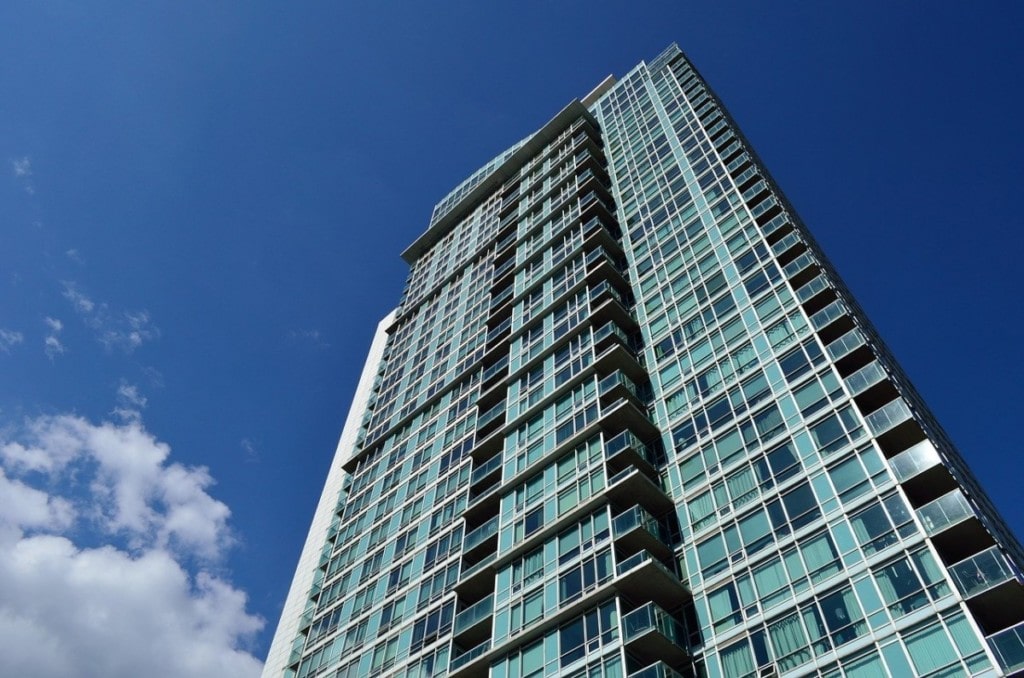

If you are considering buying a unit in a condominium, you may be confused about what type of home inspection you should do on the property. Before we go into the types and scopes of home inspections for condos, let’s take a moment to better understand how condominiums work and identify your areas of greatest risk. We’ve bolded the important condo-specific vocabulary to better prepare you for the process of buying and inspecting a condo. The definitions for some of these terms are linked for further information.
The most important thing to understand about a condominium is the homeowners association (HOA). The HOA is responsible for maintaining the parts of the building that are outside the walls of your unit. It most likely has no assets other than the money collected from you as a member of the collective building – the dues you pay to maintain the building. So, if you buy into a condominium that has low reserves of money saved, low monthly dues and a backlog of deferred maintenance, you may be buying into a maintenance liability.
HOAs typically make up unfunded maintenance liabilities by assessing each individual owner of a condo unit. The special assessment is a one-time charge so that the HOA can proceed with needed building maintenance. If there is a serious backlog of maintenance needed, assessments can be expensive. They can even be a significant percentage of the value of each unit. So when you are buying into a condominium, your greatest risk is usually the overall condition of the building(s) combined with the overall “health” of the HOA, not the interior of the unit.
When you make an offer on a condominium, you will have an opportunity to review a resale certificate. This is your moment to try and assess the overall health of the HOA. Buried inside this mountain of paper, there lies some important information. Look for the reserve study. This is the document in which the HOA projects the costs associated with capital improvements needed to the building. Try and understand how detailed this reserve study is and if the maintenance budget is well-funded. HOAs that have not done a reserve study or that disclose little information about building maintenance are generally at greater risk for an assessment. For added security and efficiency, you might consider looking up the building on a commercial real estate platform.
HOAs that demonstrate a proactive approach to building maintenance generally present lower risks of a special assessment. You can even look for an envelope study; this is when the HOA has hired an engineering firm to perform a detailed inspection of the outer skin of the building. An envelope study shows a proactive effort to understand the scope of needed exterior maintenance to expensive building systems such as siding, decks, roofs, and windows.
Before closing on your condo, here is a condo inspection checklist of things to be on the lookout for: